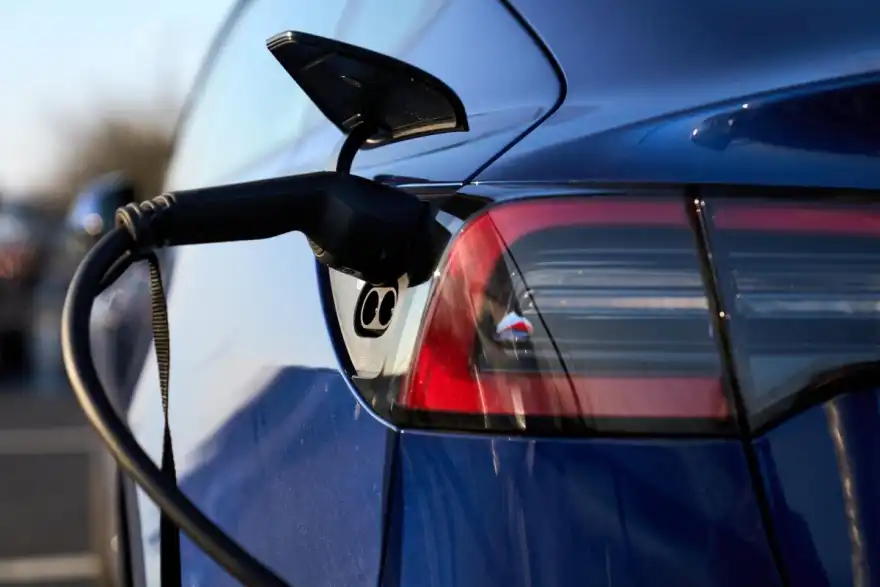
The European Commission has proposed extending the compliance period for the EU’s 2025 CO2 emissions targets from one year to three years, allowing manufacturers until 2027 to meet the requirements.
Published on Tuesday, the proposal would let car manufacturers calculate compliance based on average emissions from 2025-2027 rather than just 2025. This move follows pressure from European manufacturers struggling to meet targets while competing against Chinese and US rivals.
Industry leaders had warned that the original targets could result in fines of up to €15 billion (£12.8 billion) for failing to meet emission goals.
Commission President Ursula von der Leyen defended the proposal, saying: "With today's initiative, we grant more flexibility to this key sector, and at the same time we stay the course of our climate goal."
She had previously pledged to give manufacturers "breathing space" on the rules. The proposal still needs approval from the European Parliament and EU member states.
Under the stricter emissions rules introduced this year, at least 20% of most manufacturers' sales must be electric vehicles. The Czech Republic, a key automotive hub, has pushed for an even longer five-year compliance period.
The industry reaction has been mixed. Volkswagen and Renault support the extension, while Volvo Cars, majority-owned by China’s Geely, warns it could disadvantage companies that have already invested to meet the 2025 targets.
E-Mobility Europe, an electric transport advocacy group, has also criticized the move. Secretary General Chris Heron said: "Weakening the EU's 2025 CO2 limit will dampen short-term electric car sales and reduce planning security across the industry, from charging networks to battery production. But we urge swift approval of this amendment to restore market certainty. Global EV sales are booming, and Europe needs to keep pace."
Meanwhile, European car manufacturers are already grappling with falling demand, factory closures, and impending US tariffs.
Starting April 2, the US will impose a 25% tariff on all foreign car imports, a move President Donald Trump has called "Liberation Day." Governments worldwide are now racing to negotiate last-minute trade deals to mitigate the impact.



